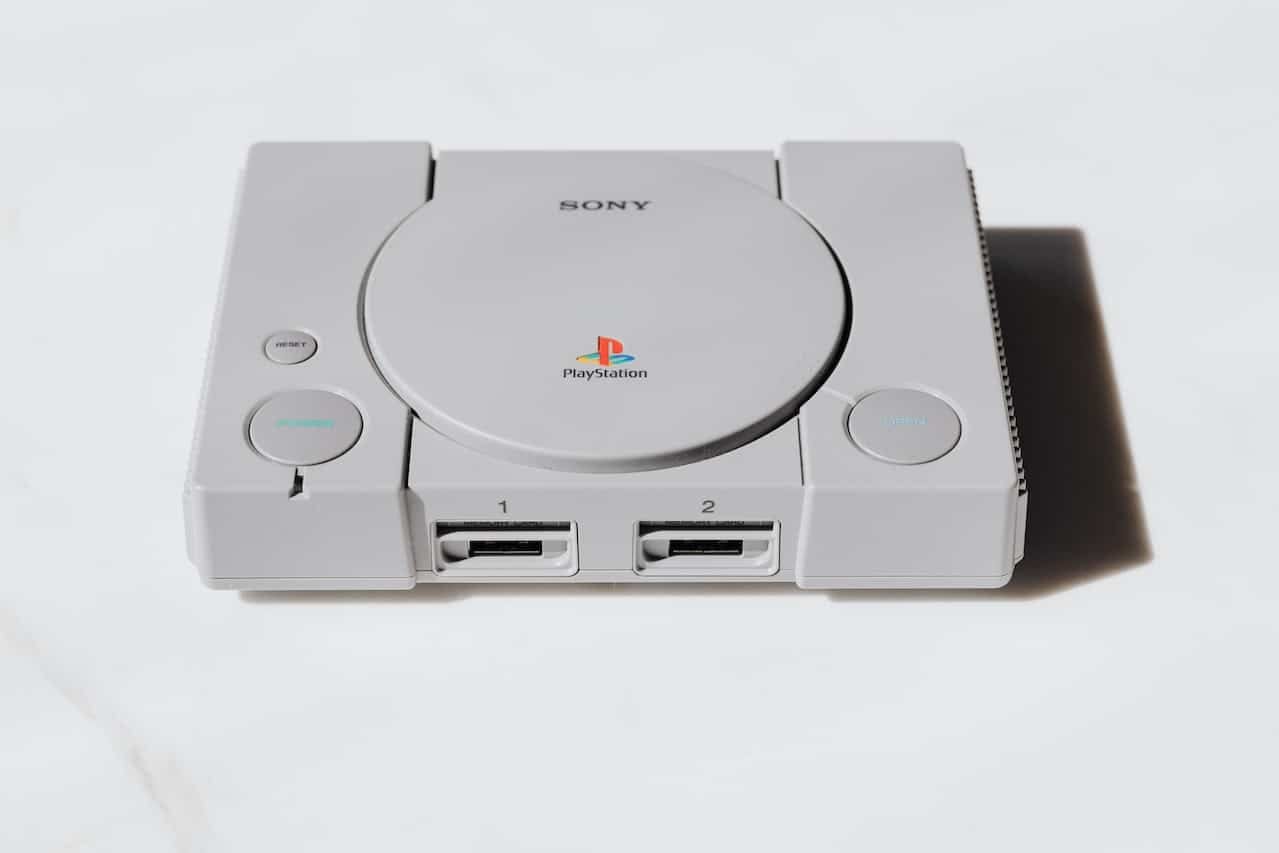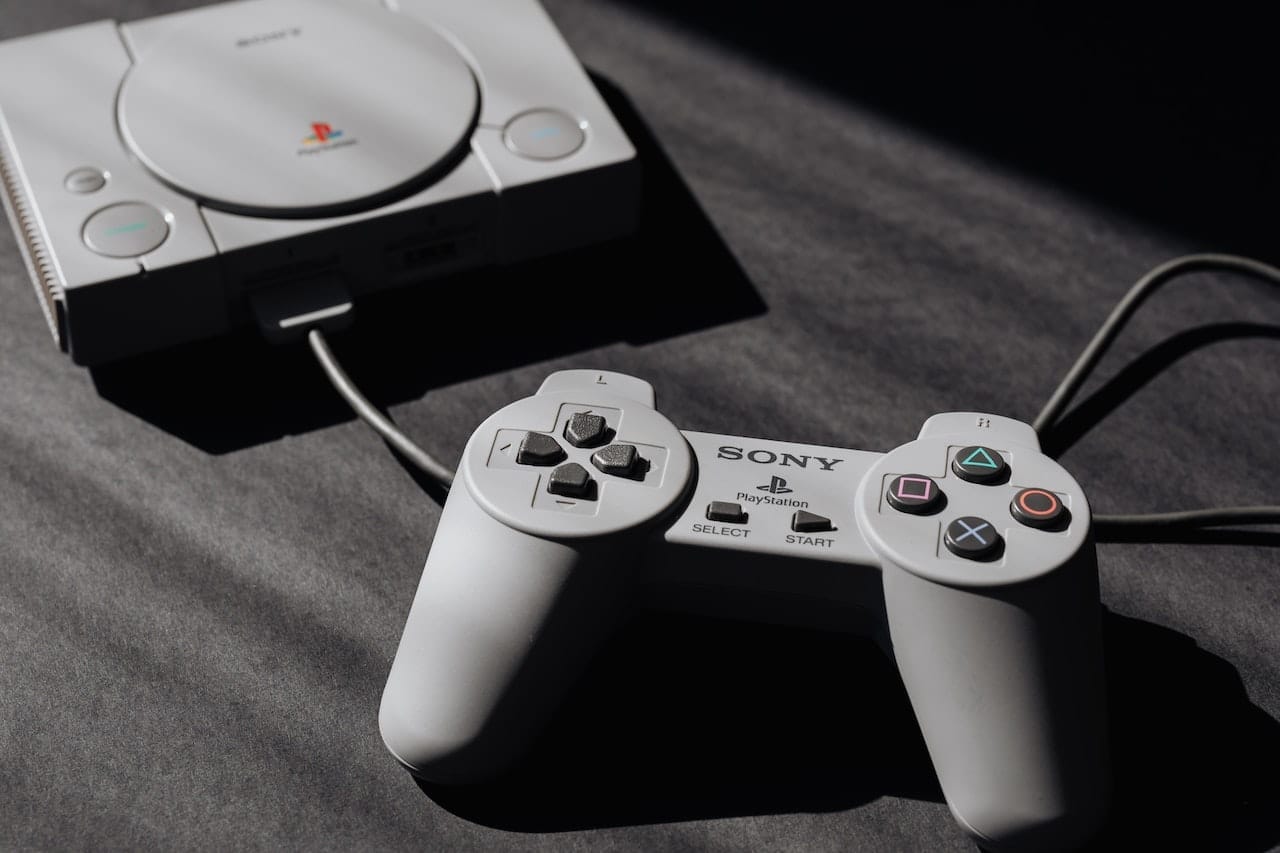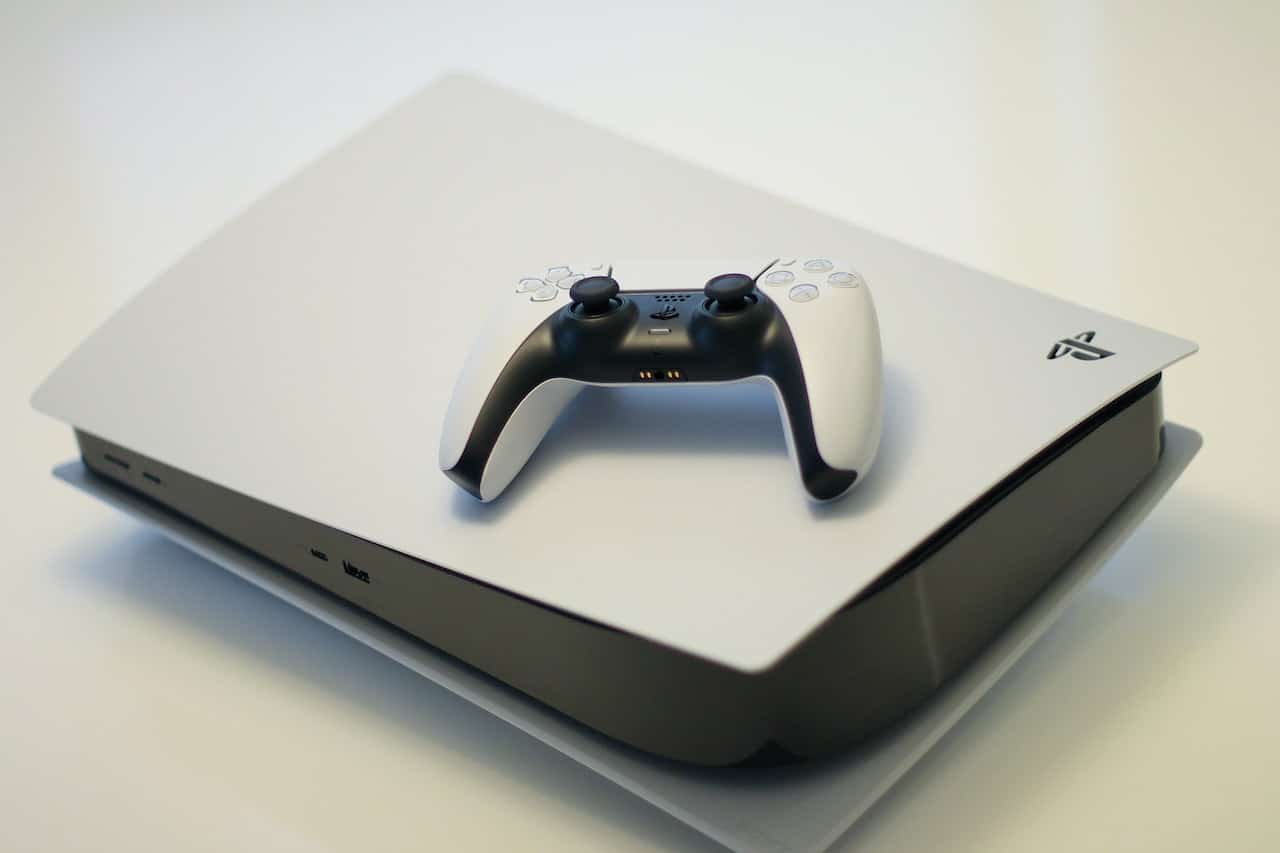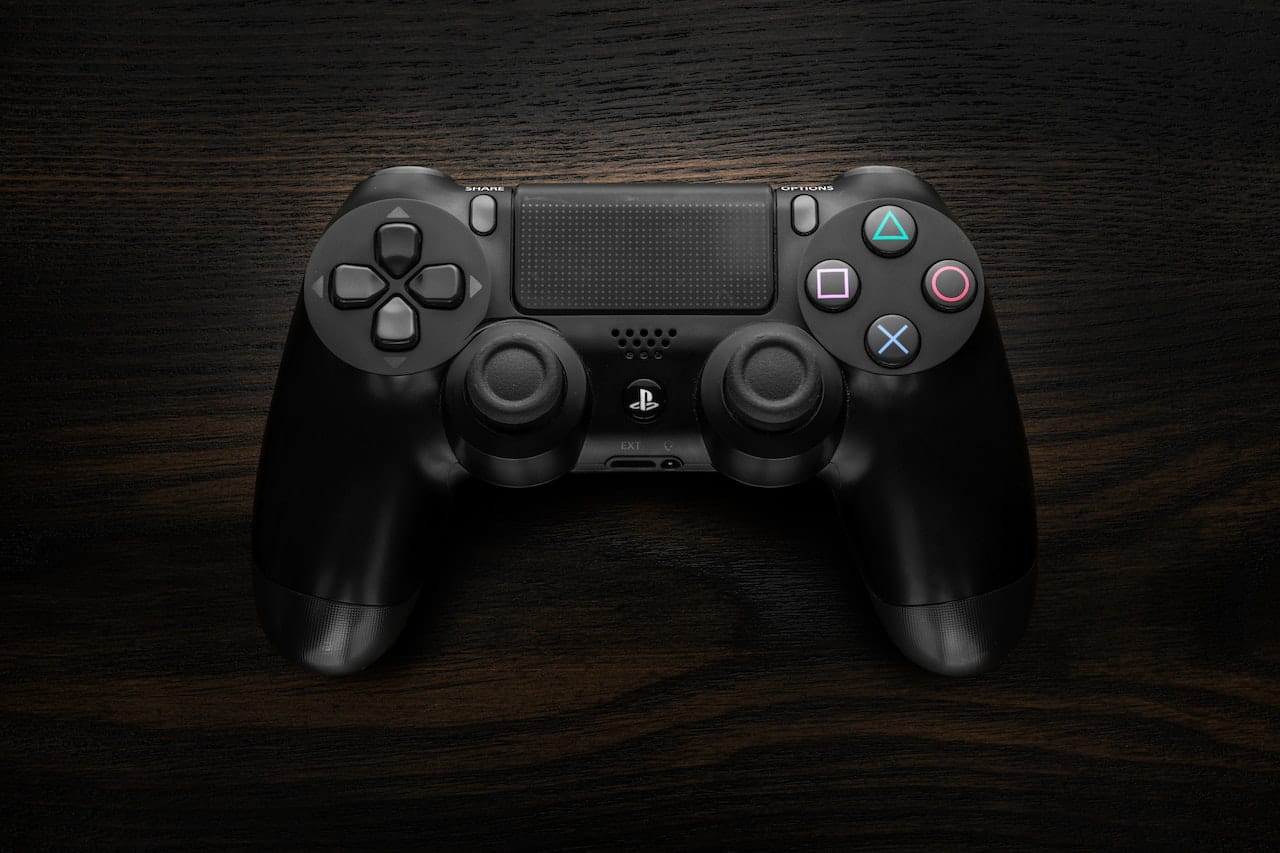We conduct a PlayStation SWOT Analysis to discuss our favorite video gaming console and some of its strengths and weaknesses compared to its fierce competition.
If you are a video game lover, you should keep reading this article because this article is about one of the most famous video game consoles. You must have guessed it immediately. Yes! We will be talking about PlayStation today!
Recall the moment when you bought your first PlayStation. The joy on your face would be commendable at that moment. PlayStation became a huge hit as soon as it hit the video gaming industry. Kids in schools, grown-ups, everyone just wanted to buy PlayStation.
Since we all have great memories with PlayStation, today we will conduct a PlayStation SWOT Analysis to discuss our favorite video gaming console and some of its strengths and weaknesses.
Besides that, this article will also analyze PlayStation's growth opportunities and some of the threats the video gaming console faces. However, before we proceed with the SWOT analysis, let's take a look at the history of PlayStation.
In the 1990s, Nintendo and Sega were the two players in the gaming industry. At that time, Sony was focused on making cell phones, TVs, and radios. However, Sony reached out to Nintendo and Sega so that they could co-develop a video gaming console.
Both the key players in the gaming industry backed off, and that's when Sony had to proceed with its plan of creating a console alone. Sony did great research on its own and launched its first video gaming console called PlayStation in Japan in late 1994.

PlayStation became a massive hit among the video gaming community. There were queues of people waiting outside Sony stores to purchase the newly launched video gaming console. In the first year of its launch, Sony's PlayStation sales were three times higher than Sega's.
PlayStation gained significant popularity due to good marketing and lower price than its competitor, Sega Saturn. After the success of PlayStation, Sony started working on developing its successor.
Finally, in the 1999 Tokyo game show, Sony unveiled the PlayStation 2. PS2 grabbed a lot of attention since it could be connected to the internet and play DVDs.
Sony launched the PS2 in 2000. Within the first few days, Sony broke all its previous records by selling more than a million units of PS2. Sony wanted its console to lead the gaming industry. So it focused on increasing its built-in storage and placed a better graphic card.
Besides that, PS2 was cheaper than its competitors, and that really attracted customers even more. As a result, PS2 gained new heights of popularity. It became the best-ever-selling console after selling 155 million units.
In 2006, Sony released the PlayStation 3, which introduced cutting-edge features such as a Blu-ray player and online gaming capabilities. However, the PS3 struggled to gain traction initially due to its high price point and complex architecture, which made it difficult for developers to create games for the console.
In 2013, Sony released the PlayStation 4, which quickly became the second-highest-selling machine after PS2, with over 113 million units sold as of 2020.
The PS4's success was partly due to its focus on social features, online connectivity, and a strong lineup of exclusive games such as Horizon Zero Dawn, God of War, and The Last of Us Part II.
After the PS4, Sony recently launched PS5 In 2020, which features more powerful hardware, faster load times, and a new controller with haptic feedback. The PS5 has been highly anticipated and has received positive reviews. Still, it has been difficult to obtain due to high demand and supply chain disruptions due to COVID-19.
Since we have now discussed the history of PlayStation, let's now conduct PlayStation's SWOT analysis. However, before we proceed further, you need to know what SWOT analysis is.
SWOT analysis is a business tool to analyze an organization's internal and external factors. A SWOT template analyzes an organization's strengths, weaknesses, opportunities, and threats.
Now that you know what SWOT analysis is, let's look at some of the strengths of PlayStation.

Strengths of PlayStation
Organizations that operate in a market possess different sorts of strengths. In this section, we will analyze some of the strengths of PlayStation that provide it an edge over its competitors.
Exclusive Games
One of the key strengths of the PlayStation platform is its extensive library of exclusive games. These games are only available on PlayStation consoles and cannot be played on other gaming systems.
Some of the most popular exclusive titles include God of War, Uncharted, and The Last of Us.
The exclusivity of these games is a major draw for gamers looking for unique and immersive gaming experiences that cannot be found elsewhere.
High-quality Graphics And Performance
The PlayStation has a long-standing reputation for delivering exceptional graphics and performance in its gaming consoles. Since its inception, PlayStation has consistently pushed the limits of gaming technology, resulting in some of the most visually stunning and immersive gaming experiences available.
Each new generation of PlayStation consoles has significantly improved hardware capabilities, resulting in even better visuals, faster loading times, and more responsive gameplay.
The PlayStation 4, for example, introduced advanced hardware features such as the Accelerated Processing Unit (APU), which combines a central processing unit (CPU) and a graphics processing unit (GPU) into a single chip.
This allowed for smoother gameplay and faster graphics rendering, resulting in stunning visuals and seamless gameplay.
Large Community
The PlayStation has a large and dedicated community of gamers who are passionate about gaming and PlayStation consoles. This community includes both casual and hardcore gamers who enjoy a wide variety of gaming genres.
This community provides great support, information, and camaraderie for players. Players can connect with others who share similar interests and engage in discussions about their favorite games, share tips and strategies, and provide support for each other.

Weaknesses of PlayStation
Other than the strengths, every organization possesses several weaknesses. This section of the SWOT analysis will analyze some of the weaknesses of PlayStation.
High Price
One potential weakness of the PlayStation is that its consoles and games are relatively expensive compared to other gaming platforms. For example, PlayStation consoles, including the PlayStation 5, are typically priced higher than other consoles, such as the Nintendo Switch or Xbox Series X.
This makes PlayStation consoles and games less accessible to some consumers, who may purchase a less expensive gaming platform or forego gaming altogether. This issue could be particularly for younger gamers or those living in countries with lower average incomes, which may be more price-sensitive.
Dependence On Exclusive Titles
PlayStation significantly depends upon the exclusive games it offers, which is a weakness of PlayStation. In case of delays in the game launch or a game fails to live up to expectations, it could negatively impact the PlayStation brand.
This could lead to disappointment among fans, which may shift their allegiance to other gaming platforms. For example, the delay of highly anticipated games such as Ghost of Tsushima caused some frustration among fans and raised concerns about the future of the PlayStation platform.
Similarly, suppose a game heavily promoted as an exclusive title fails to meet expectations. In that case, it could damage the reputation of both the game and PlayStation brands' reputations.
Limited Backward Compatibility
Backward compatibility refers to a console's ability to play games from previous generations of the same console or older consoles in the same family. For example, a backward-compatible PlayStation console could play games from the previous generation PlayStation console, such as the PlayStation 3.
This limited backward compatibility can be a weakness for PlayStation because it restricts the number of games players can access on the platform.
Gamers who have invested in previous generation PlayStation games may be unable to play them on newer console versions, which can be frustrating and potentially limit the console's appeal.
Additionally, the lack of backward compatibility may discourage players from upgrading to newer consoles as they may be reluctant to leave behind their favorite games from previous generations.

Opportunities For PlayStation
Like any other platform, PlayStation has opportunities to improve its consoles and grow further to dominate the gaming industry. In this section, we discuss the opportunities that lie ahead of PlayStation.
Increasing Demand For Gaming
The global gaming industry has seen tremendous growth in recent years, with a growing number of people worldwide playing video games. Several factors, including the increasing popularity of mobile gaming, the rise of esports, and the expanding market for gaming hardware and accessories, drive this growth.
PlayStation is well-positioned to capitalize on this growth as a leading gaming platform. PlayStation has a significant competitive advantage in the gaming market with a large and loyal user base, strong brand recognition, and a wide range of popular game titles.
Diversification
PlayStation has been diversifying its revenue streams by offering subscription services like PlayStation Plus, which provides users with various benefits such as online multiplayer, free games, and exclusive content.
Another benefit of subscription services is that they can help to build customer loyalty. By offering a wide range of benefits and exclusive content, the company can create value and exclusivity for its subscribers.
This can help to build stronger relationships with customers and make them more likely to remain loyal to the brand over time. This strategy can help the company to stabilize its revenue streams and grow its user base over time.
Strategic Partnerships
PlayStation has already established partnerships with other companies, such as Epic Games and Microsoft, which can help the company to expand its reach and offer new gaming experiences to users. These partnerships can benefit both companies, allowing expertise, resources, and technology sharing.
By partnering with other companies, PlayStation can access new technologies and ideas that it might not otherwise have been able to develop in-house. Partnerships can also be a source of new revenue streams for PlayStation.
PlayStation can leverage its strengths and expertise by collaborating with other companies to create new products and services to generate additional revenue.

Threats Faced By PlayStation
Despite being in such a strong position, PlayStation faces threats from its external environment. Therefore, let's discuss the external factors that impact the operations of PlayStation.
High Competition
The gaming industry is a highly competitive and dynamic market, with many well-established players like Microsoft's Xbox and Nintendo and newer players like Google's Stadia, Amazon's Luna, and more. These companies offer a range of products and services that cater to gamers' diverse needs and preferences worldwide.
As a result of this intense competition, PlayStation is under constant pressure to continue innovating and delivering a superior user experience to remain relevant and attractive to gamers.
To stay ahead of the competition, PlayStation must continually develop new technologies, games, and services that offer unique features and benefits to gamers.
Change In Consumer Preferences
Gaming preferences constantly evolve, driven by technological changes, consumer behavior, and industry trends. As a result, gamers may start to prefer different platforms or types of gaming experiences over time.
For example, mobile gaming and esports have gained significant popularity recently, attracting a new generation of gamers who may not have grown up playing traditional console games.
PlayStation may lose market share and revenue if it fails to adapt to these changing preferences. This is because gamers will likely switch to other platforms or gaming experiences that better meet their needs and preferences.
Economic Instability
PlayStation's sales are closely tied to the overall economic health of its markets. Economic conditions, such as the level of employment, inflation, and consumer confidence, can significantly impact consumer spending on discretionary items like video games.
In times of economic instability, consumers may prioritize spending on more essential items like food, housing, and healthcare. As a result, they may delay or avoid purchasing new video games or consoles, leading to a decline in PlayStation's sales.

PlayStation SWOT Analysis: Final Word
PlayStation is one of the most famous gaming consoles in the gaming industry. It has a huge customer base. This article highlighted the history of PlayStation that many of us didn't know.
Moreover, it also sheds light on the internal and external factors that impact the operations of PlayStation. This article discussed some strengths and weaknesses of PlayStation. It also highlighted the opportunities for PlayStation to grow and analyzed the gaming console's threats.
After reading this article, we assume you know how to conduct a SWOT analysis. Another way of exhibiting the strengths, weaknesses, opportunities, and threats of PlayStation could be through a SWOT Matrix. If this article made you curious about SWOT analysis, do look at some of its examples.


